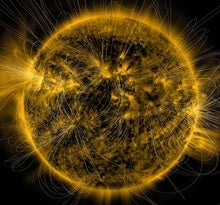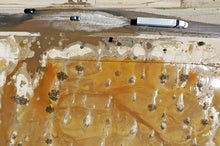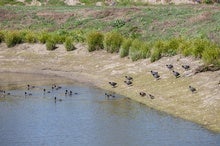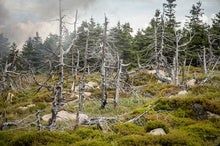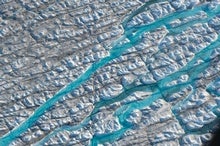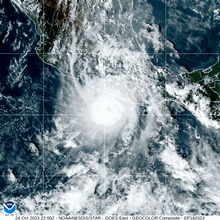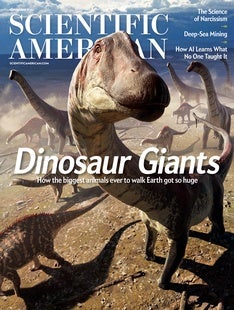Sponsored by  | |
 |
| October 27, 2023 |
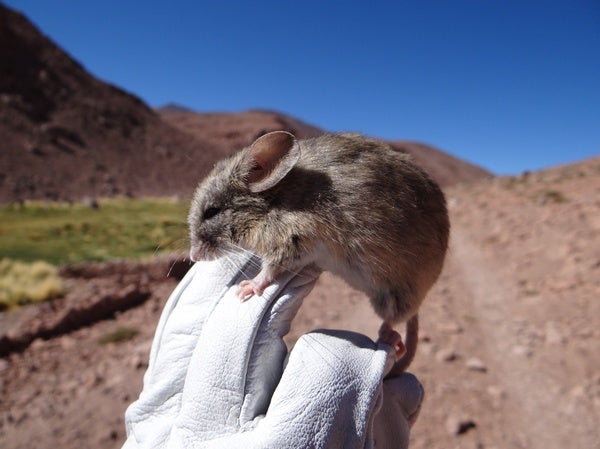 |
| |
| |
| |
| |
| |
| |
| |
| |
| Climate Change How to Save Greenland's Massive Ice Sheet The Greenland Ice Sheet could experience runaway melting if the world overshoots climate targets, but even then quick action could stabilize it | | By Alexandra Witze,Nature magazine | | | |
| |
| |
| |
| |
BRING SCIENCE HOME
 | | Vanishing Baking Soda | 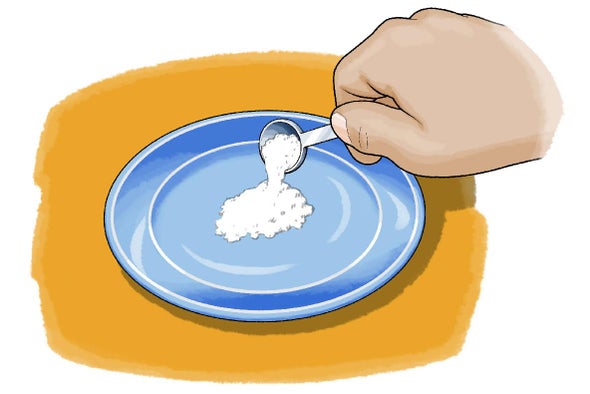 Can a solid start to disappear into thin air? Try this mysterious activity--and see what happens when things heat up! Credit: George Retseck | Baking soda is not only great for cooking, but it is also a useful chemical for science projects. You have probably heard about and maybe even used the baking soda–vinegar reaction to make homemade volcanoes erupt, shoot bottle rockets up in the air or to detect acids and bases. There are many more chemical reactions, however, that you can explore with the help of baking soda. One of them is called a decomposition reaction, which makes baking soda lose weight! Want to find out how it works? | |  | |
LATEST ISSUES
 |
| |
| Questions? Comments?  | |
| Download the Scientific American App |
| |
| |




